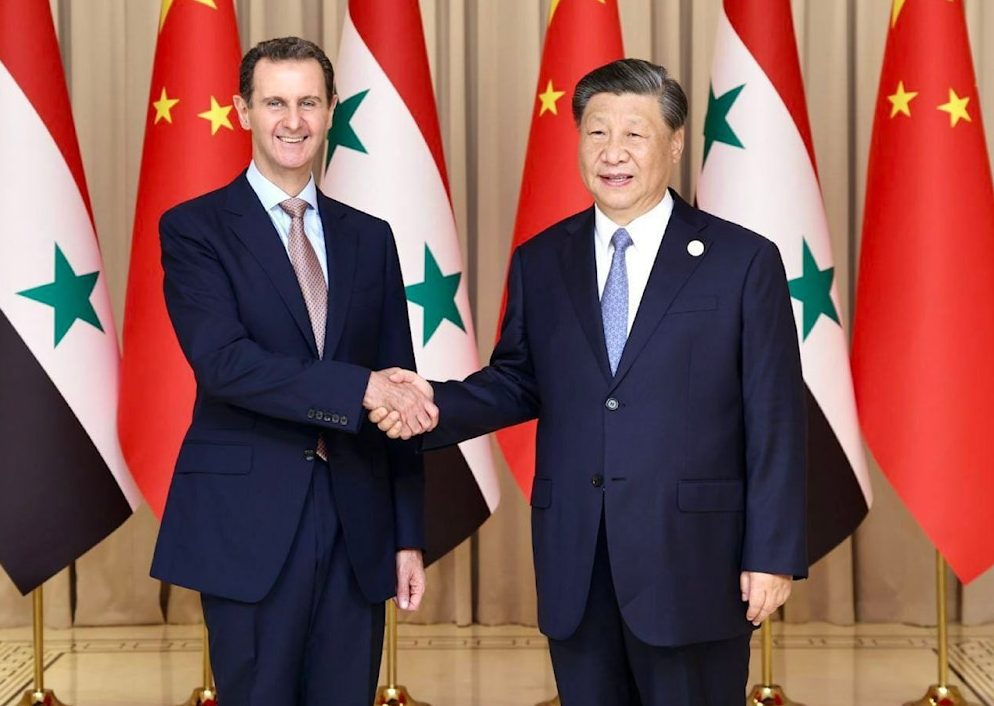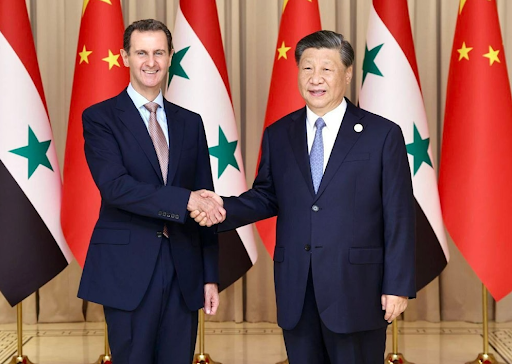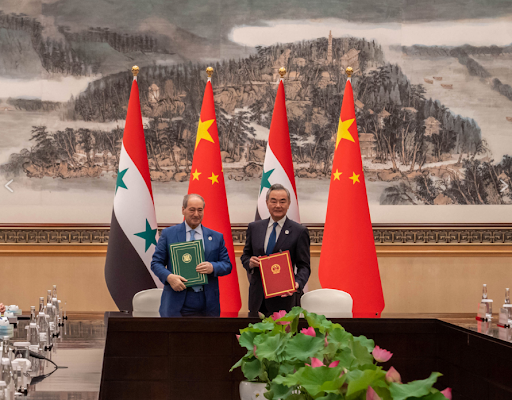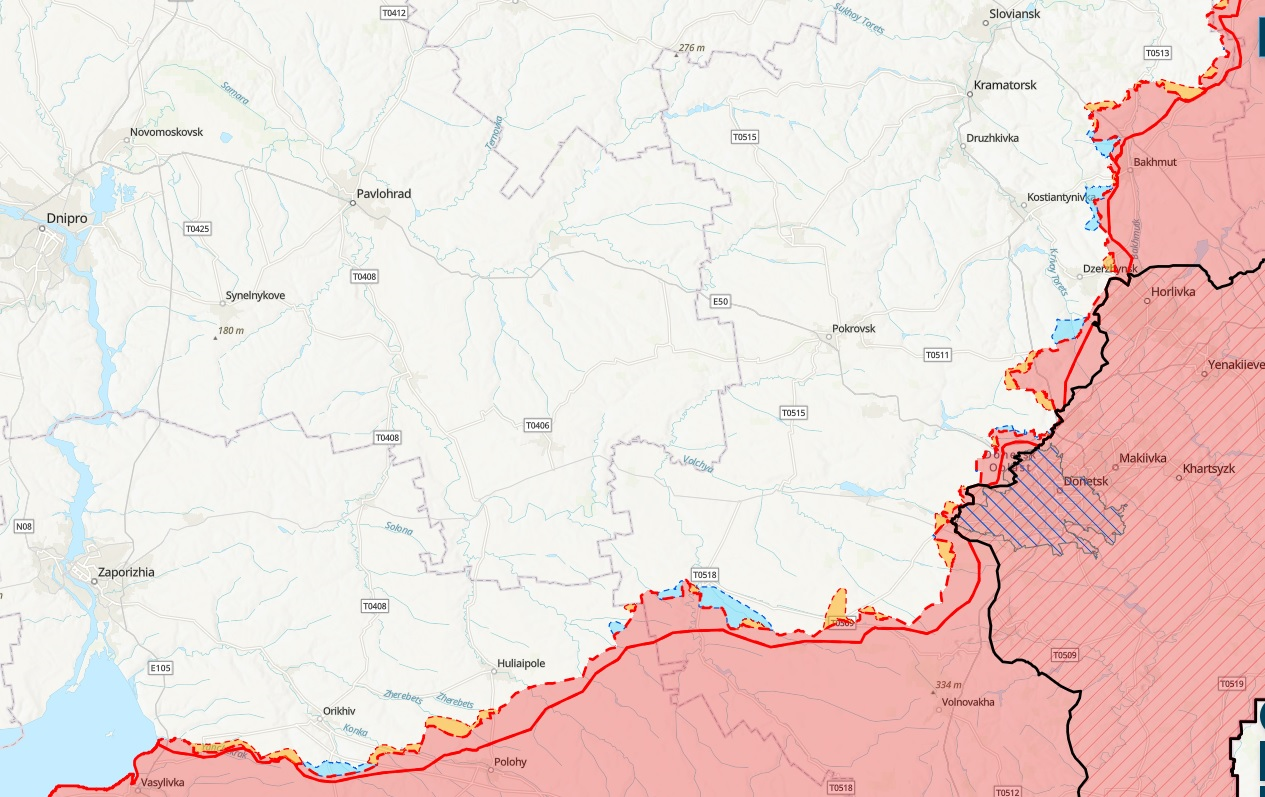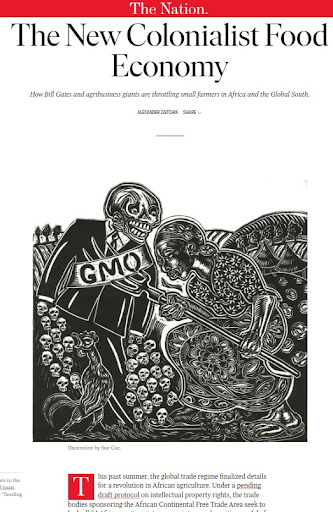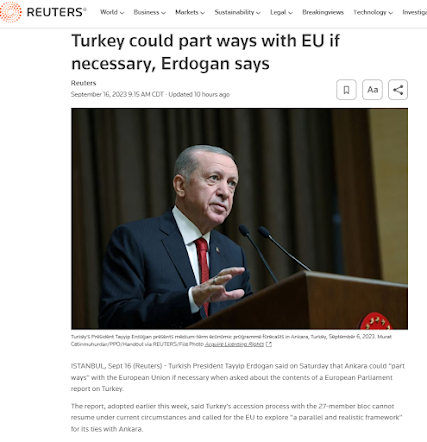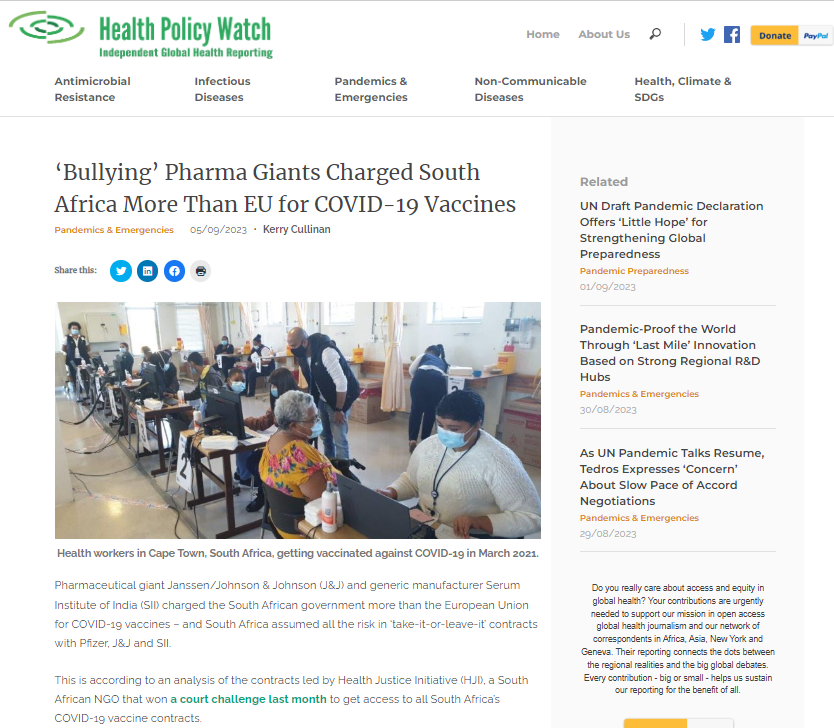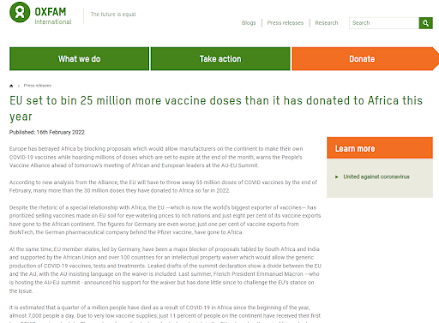
media review: Is India being pressured by the West using the human rights claims?
India and Canada are in a diplomatic crisis at this point, and now made more intense with the US government declaring its support for Canada and reportedly providing the Canadian government with intelligence about the assassination case. Indian media reacted to the US involvement. Like the Guadian newspaper three years ago, Indian media started to produce the list of assassinations undertaken by the US government in other sovereign nations and on official of sovereign nation states.
The Tribune asked: Look who’s talking, US reveals its bias, double standards:
BACKING Canada’s efforts to vilify India over allegations of its involvement in the killing of pro-Khalistan terror accused Hardeep Singh Nijjar, the US — that inveterate global policeman — has stated that no country can get any ‘special exemption’ for such actions. US National Security Adviser Jake Sullivan has said: ‘We will defend our basic principles and consult closely with allies like Canada as they pursue their law enforcement and diplomatic process.’ But has India sought any exemption, special or otherwise? Obviously not. New Delhi has not only rejected Canadian PM Justin Trudeau’s claims as ‘absurd’ and ‘motivated’ but also asked Ottawa to share relevant evidence, if any. There’s a bigger question: Does the US have the moral authority to grant such an exemption, even if unsolicited, considering its own unenviable history of adventurism in foreign lands? The answer is again an emphatic no.


